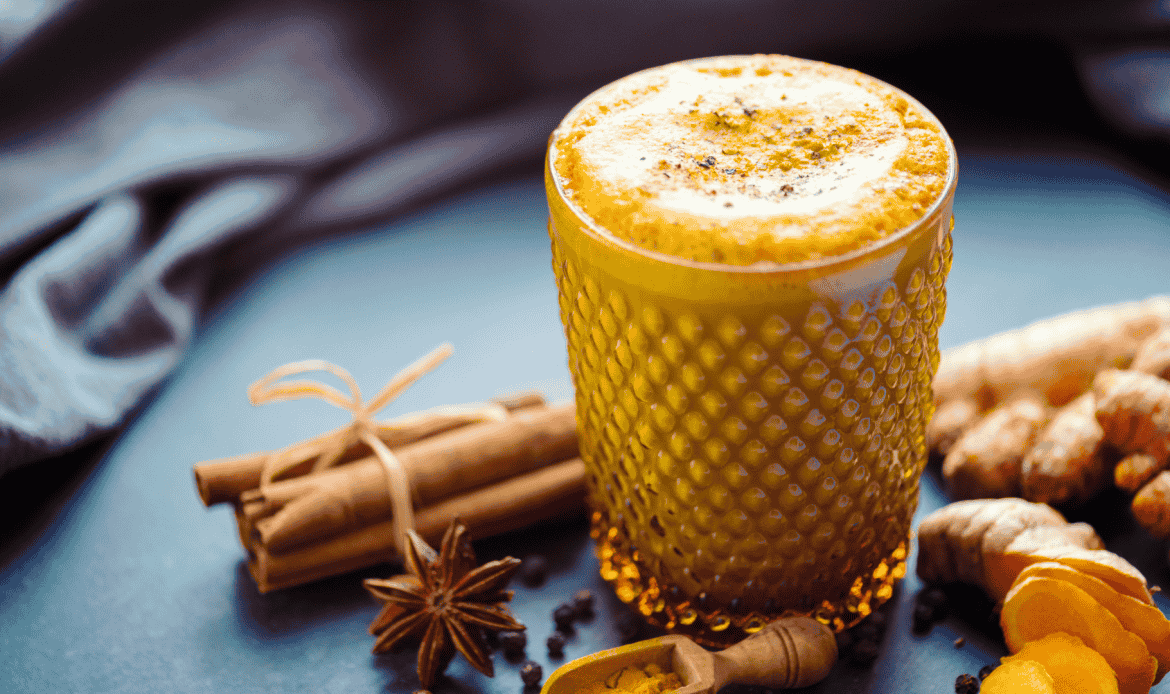As the seasons change, so does our susceptibility to colds and flu. In Australia, where the climate varies across regions, understanding seasonal illnesses can be preventive with Ayurvedic approach. Let’s explore the ins and outs of colds and flu According to Ayurveda.
The Seasonal Shift
Australia experiences distinct seasons:
- Winter (June to August): The peak of cold and flu season.
- Spring (September to November): Allergies may exacerbate symptoms.
- Summer (December to February): Less common for colds and flu.
- Autumn (March to May): A transitional period.
Ayurveda emphasizes balance among the three doshas: Vata (air), Pitta (fire), and Kapha (earth and water). A cold or flu is often attributed to an imbalance of Kapha dosha, leading to congestion, lethargy, and excess mucus production. Naturally seasons aggravate kapha dosha in body which leads to cold and flu.(pratishyay)
The Culprits: Viruses or your low immunity?
Ayurveda says Swastha Raksha Balam Dhruvam (स्वस्थ रक्षा बलं ध्रुवम्) True protection for health is strong immunity. In school or any work place, if one person got sick they spread it to others. 10 out of 8 will get same symptoms but what about that 2 person with same exposure they don’t get sick? That is ‘IMMUNITY’.By following some daily and seasonal regimen you can achieve that IMMUNITY for you and for your kids as per Ayurveda.
Prevention Strategies
The ancient Indian system of medicine, Ayurveda offers a natural approach to fight off these common ailments and promote a speedy recovery with some lifestyle changes and herbal medicines.
Ayurvedic Remedies for Relief
- Diet: Focus on clear, light broths, vegetables like bok choy, asparagus,fenugreek leaves,carrots,onions eggplants and warm spices like ginger,garlic,black pepper,carom seeds,asafoetida and turmeric. Avoid heavy, cold, raw veggies and sweet foods that can further aggravate Kapha.
- Herbal Powerhouses:
- Tulsi (Holy Basil): This revered herb is a staple in Ayurvedic medicine. Tulsi tea helps reduce fever, congestion, and supports digestion.
- Ginger: Ginger’s pungent properties help clear congestion and reduce Kapha. Inhale ginger steam or consume ginger tea for relief.
- Turmeric: This golden spice is a natural anti-inflammatory and immune booster. Consume turmeric milk or add a pinch to warm broths.
- Licorice Root: This sweet root soothes a sore throat and reduces inflammation. Licorice tea can be a comforting remedy. Caution: Limit licorice root consumption if you have high blood pressure.
- Honey:honey is best to have in kapha aggravate conditions. Have a tsp. of honey with pich of ginger and cinnamon powder first thing in the morning to stay immune from seasonal changes. Caution: honey must not consume with hot beverages or food.
Remember: Consult an Ayurvedic practitioner before consuming any herbs, especially if you have underlying health conditions or are pregnant or breastfeeding.
- Lifestyle Practices:
- Rest: have a rest and keep your body warm to allow your body to heal.
- Nasal Care: Practice neti, a nasal cleansing technique using a neti pot with saline solution, to clear congestion.
- Steam Inhalation: Inhaling steam infused with essential oils like eucalyptus or peppermint can help loosen mucus and ease congestion.
- Clothes: cover your head and ears in wind and cold.
- Seasonal Adjustments: Adapt your diet and activities based on the season. Opt for warming foods in colder months and lighter fare during hot weather.
- Daily Routine: Establish a regular sleep schedule and wake up early do exercise or yoga to maintain a healthy circadian rhythm.
- Stress Management: Practice yoga or meditation to manage stress, which can weaken your immune system.
Prevention is Key
Ayurveda emphasizes preventing illness through a balanced lifestyle. Here are some tips:
Seeking Professional Guidance
While these remedies can provide relief, it’s important to consult an Ayurvedic practitioner for personalized treatment plans, especially for severe or persistent symptoms.
Remember, Ayurveda offers a holistic approach to fight colds and flu. By incorporating these dietary and lifestyle practices, you can support your body’s natural healing abilities and emerge from illness feeling stronger and more balanced.
To book your appointment prior for ayurveda consultation here

